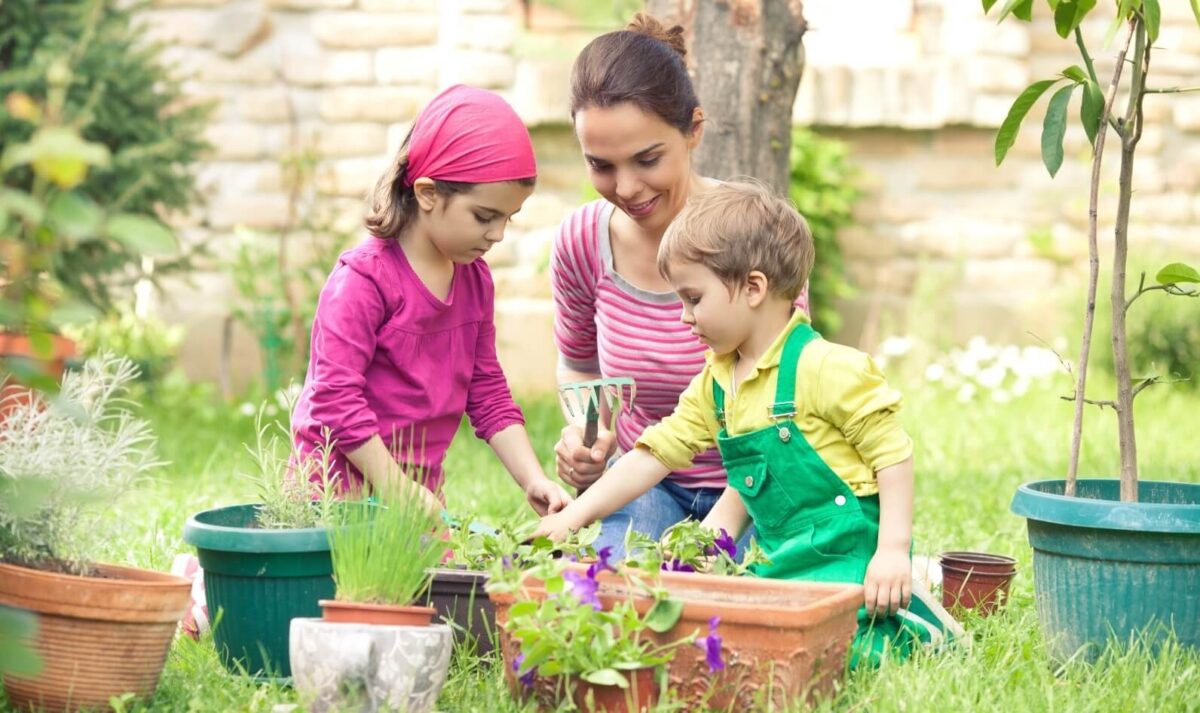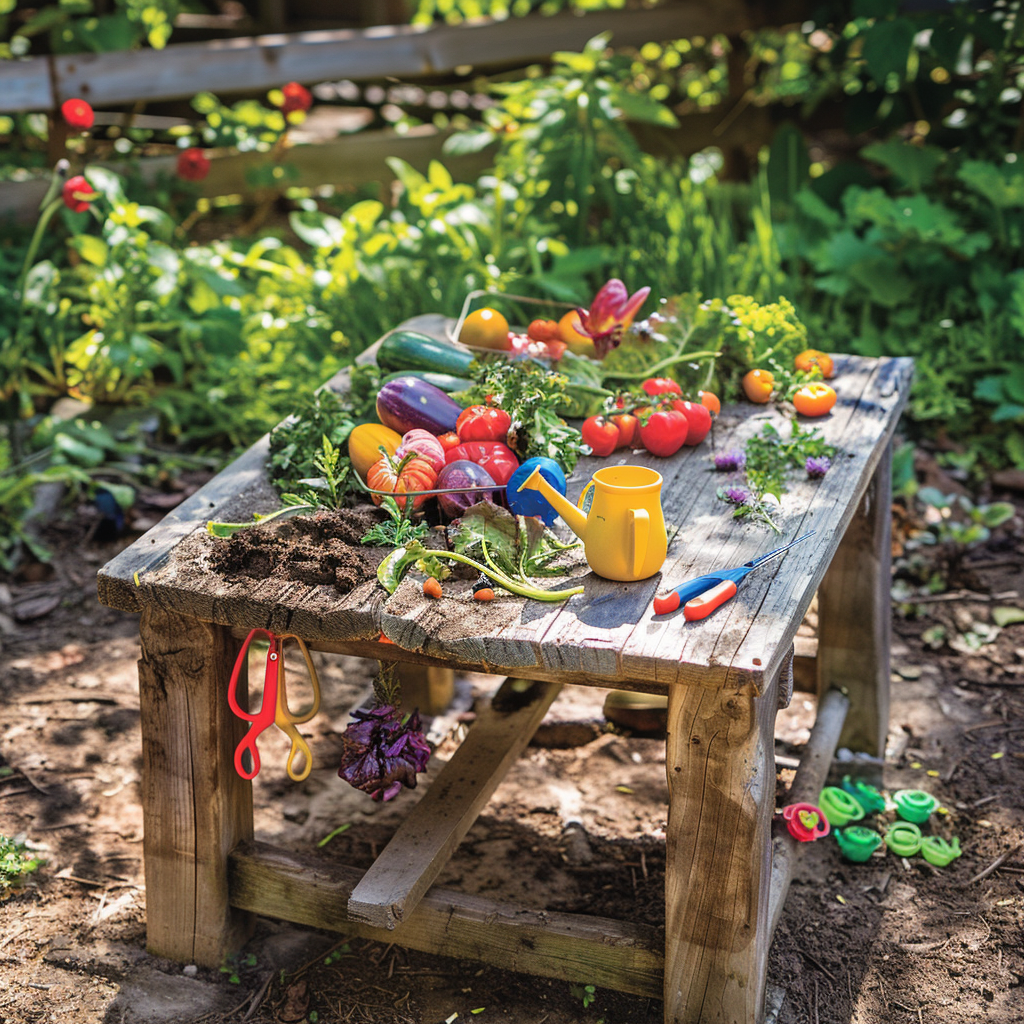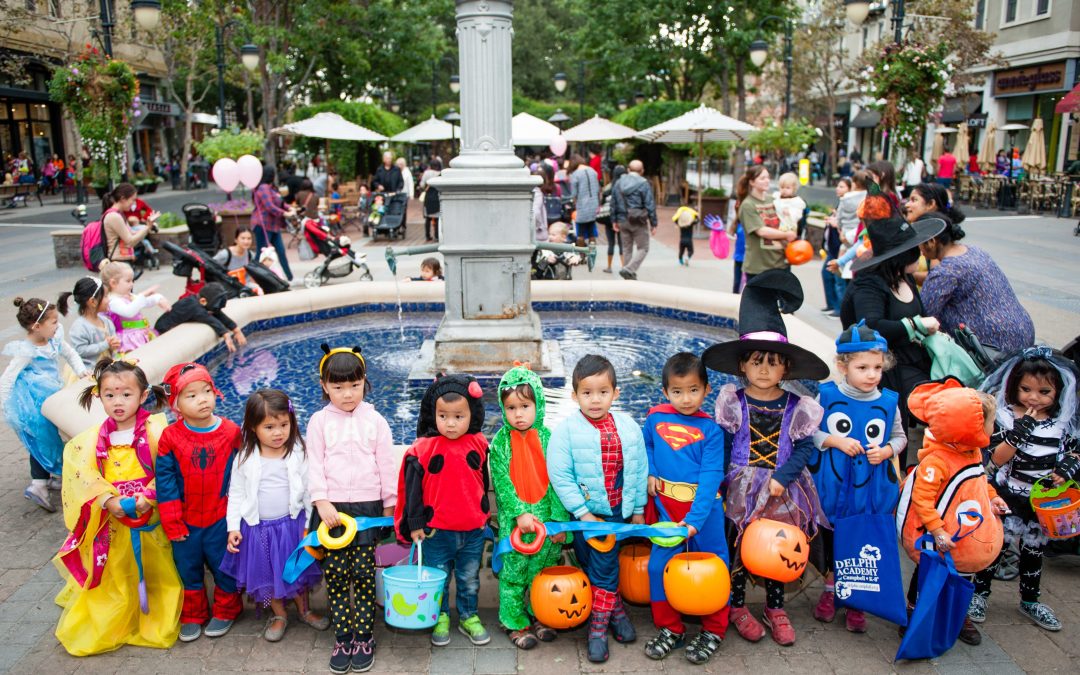Unlocking the secrets of nature through gardening offers an exceptional learning experience for children, blending education with entertainment in a way that resonates within their curious minds. Providing children with ample opportunities to explore the outdoors is more than just a pastime—it’s a building block for their development. Imagine the joy and excitement on a child’s face as they see the first sprouts breaking through the soil in a garden they helped to plant. This moment of wonder opens up a universe of learning opportunities that encompass scientific principles, healthy lifestyle habits, and physical wellness—all essential ingredients for a thriving, young learner.
Delving into the tangible benefits of gardening, it becomes evident that this activity is not only a source of fun but also a fertile ground for enhancing children’s scientific knowledge. Studies indicate that children engaged in gardening projects often achieve significantly higher scores in science. This improvement is credited to the hands-on experience they gain with natural processes like photosynthesis, soil composition, and the lifecycle of plants. Gardening introduces children to these scientific concepts in a lively, interactive manner. Furthermore, it encourages them to adopt healthy eating habits as they learn to appreciate the food they’ve grown, thereby fostering a direct connection between the garden and their dietary choices. The physical activity involved in gardening—from digging to watering—promotes a healthier lifestyle, ensuring a well-rounded approach to wellness.
Moving beyond the intellectual benefits, the psychological and emotional growth children experience through gardening is profound. The activities associated with gardening such as planning where to plant seeds, caring for the plants, and eventually harvesting, instill a sense of responsibility and patience. These experiences not only cultivate a child’s connection to nature but also significantly elevate their mood, enhance learning experiences, and reduce anxiety. Engaging with the soil, feeling the texture of the plants, and witnessing the cycle of life firsthand imbue children with a sense of mindfulness and self-esteem. Celebrating the achievement of growing a vegetable or a flower that they have watched evolve from a seed fosters a deep sense of accomplishment and pride in their efforts.

- Nurturing Nature: How Gardening Cultivates Children’s Mental and Emotional Well-Being Source: @pbskids – pbs.org
Whether it’s the analytical skills sharpened by calculating the growth rate of a plant or the joy derived from consuming the fruits of their labor, the impact of gardening on a child’s development is multifaceted. Moreover, gardening nurtures a space for family bonding, community building, and learning to care for the environment responsibly. Through the simple act of planting seeds, children learn valuable lessons in sustainability, such as composting and water conservation, further enriching their understanding and respect for the planet. Thus, incorporating gardening into early education not only benefits the children but also contributes to creating a more informed, health-conscious, and environmentally responsible generation.
In conclusion, the journey from seed to success is not just about the plants that grow in the garden but also about the growth witnessed in the children who tend them. Gardening offers a unique, immersive learning experience that enriches children’s minds, bodies, and souls. It presents a blend of scientific discovery, personal accomplishment, and the joy of healthy living. As we pave the way for future generations, providing children with the opportunity to connect with nature through gardening can play a pivotal role in shaping well-rounded, informed, and conscientious individuals. Let us sow the seeds for a brighter, more sustainable future—one garden at a time.





